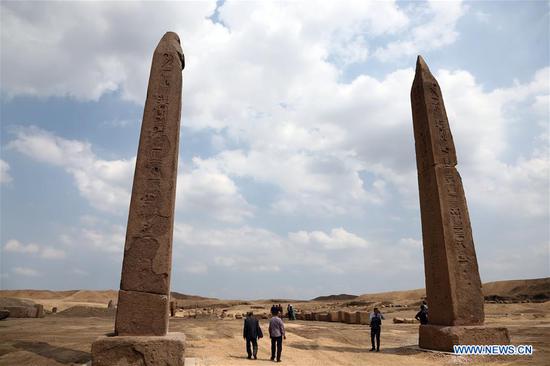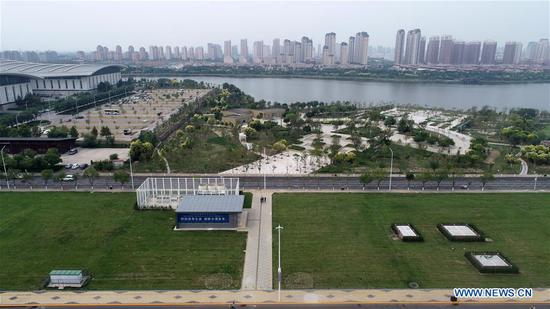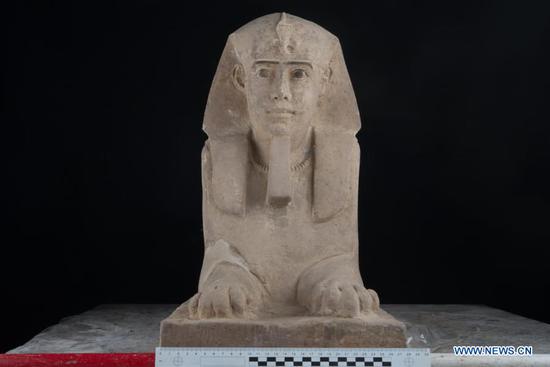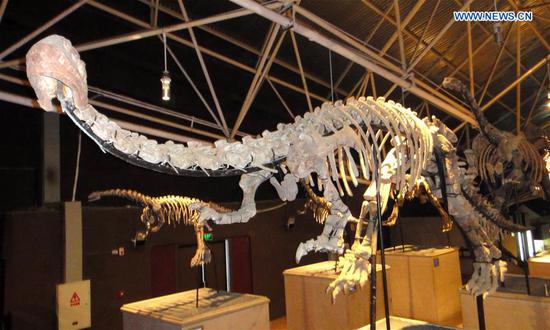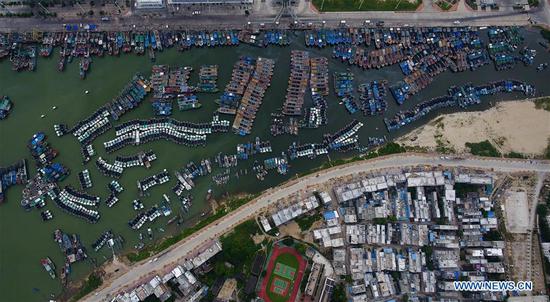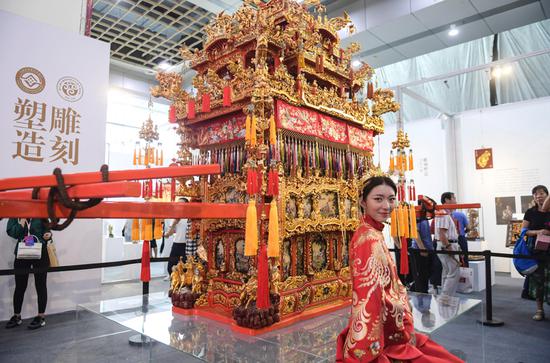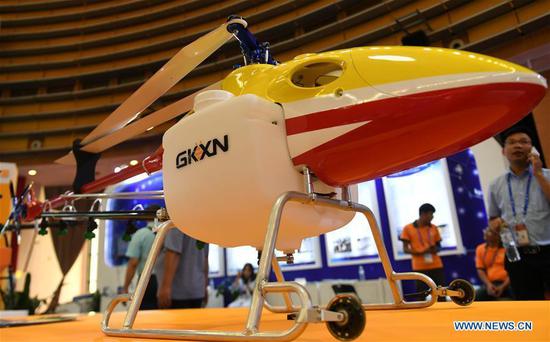Chinese regulators announced a delay in the implementation of the "northbound" investor identification system by more than a week due to the pummeling of typhoon Mangkhut.
The launch of the system, initially set for September 17 today, is now being rescheduled for September 26, said the China Securities Regulatory Commission (CSRC) and the Securities and Futures Commission (SFC).
What is 'northbound' trading?
"Northbound” trading means foreign investors from Hong Kong buying and selling shares on the Shanghai and Shenzhen stock exchanges, under the Shanghai-Hong Kong stock connect and Shenzhen-Hong Kong stock connect schemes.
The connect schemes give foreign investors access to Shanghai and Shenzhen-listed stocks, while mainland investors are able to trade Hong Kong stocks.
"Southbound" trading indicated the other direction: mainland investors buy and sell shares on the Hong Kong Stock Exchange.
The link-up between Shenzhen and Hong Kong started in December 2017, following the launch of Shanghai-Hong Kong Stock Connect in November 2014, as part of China's efforts to open its financial market more widely for foreign investors.
Why did regulators initiate the system?
Investor identification system will allow securities regulators to track stock trades on a real-time basis in order to help them detect potential market misconduct.
The model has already been used by some markets in Asia, including in the Chinese mainland and South Korea.
After the implementation of the system, regulators will be able to monitor real-time "northbound" trades in a bid to mitigate market volatility through greater transparency.
The CSRC and the SFC also agreed to introduce a similar investor identification model for "southbound" trading as soon as possible after the system for "northbound" trading is implemented.
How will the system be implemented?
Under the identification system, exchange participants that offer northbound trading services will be required to assign a standardized unique number, which is known as the broker-to-client assigned number (BCAN), to each of their northbound trading clients.
They also have to give client identification data (CID) to the Hong Kong Stock Exchange, and the data will be passed on to mainland exchanges.
There are some worries that this market surveillance system would discourage trading activity, while others are confident that larger and more diverse capital flows demand better risk management tools and regulatory environment.















